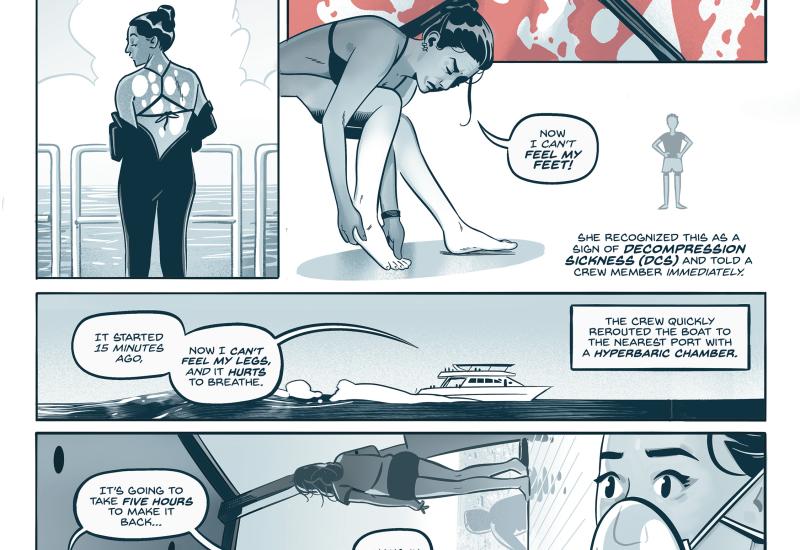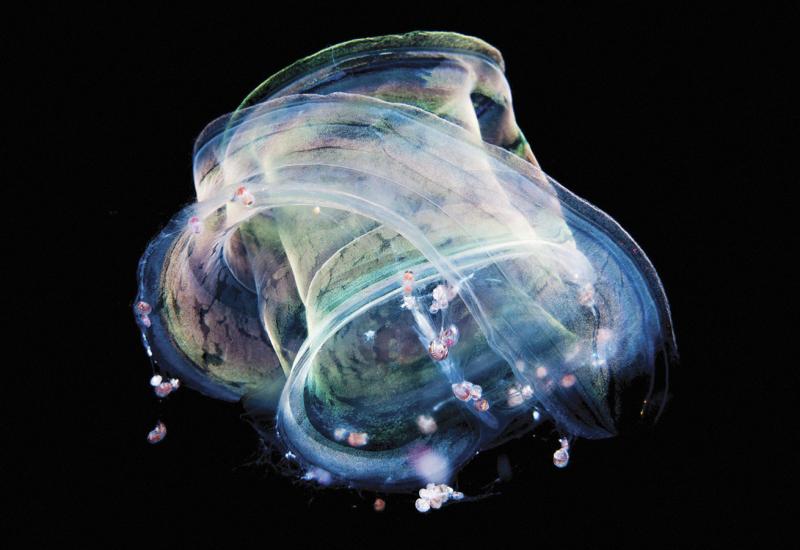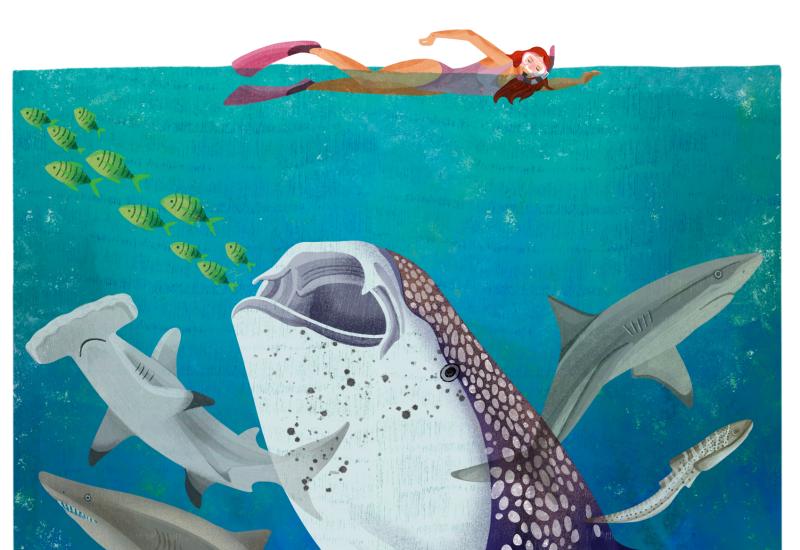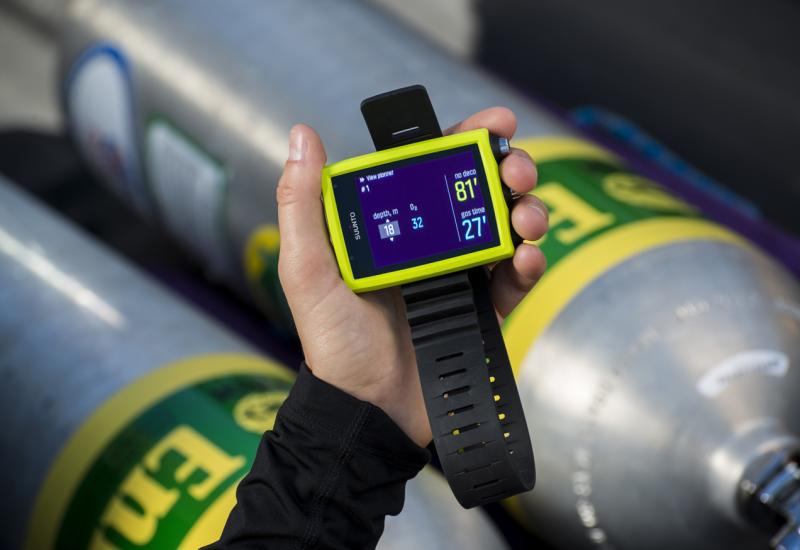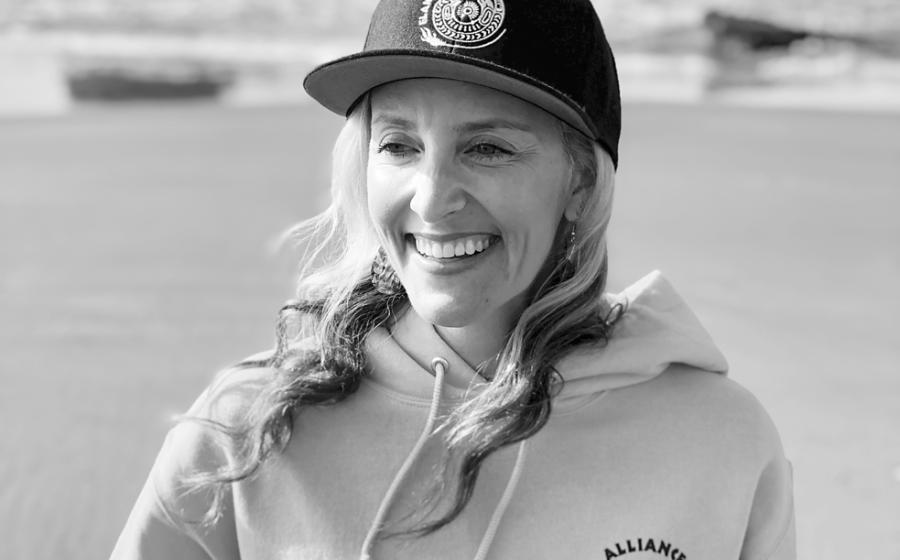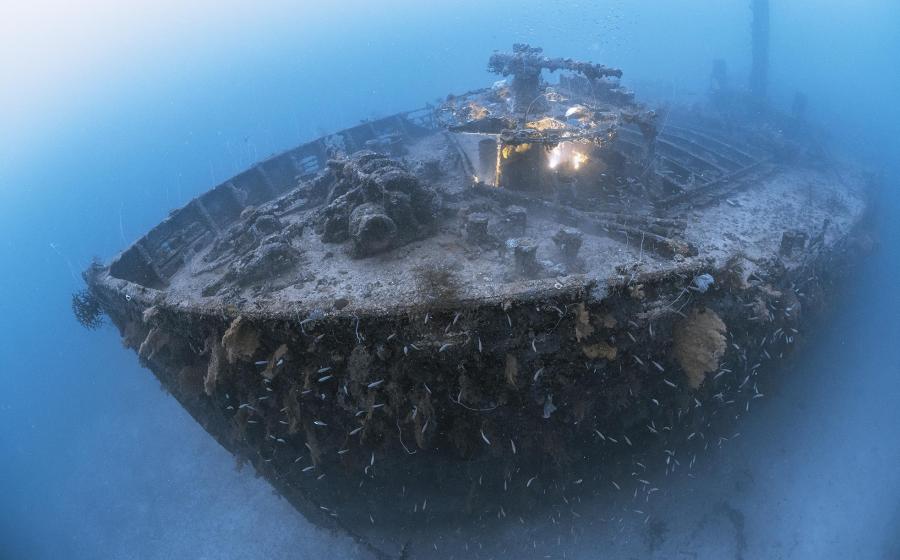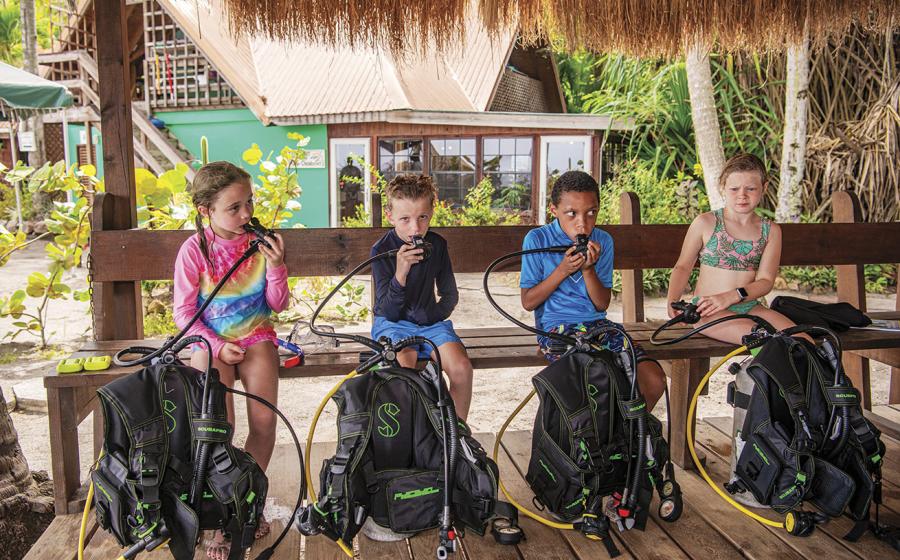Scuba Diver Fails to Listen to His Heart
Ted knew he wasn’t in the best shape, but he didn’t want to waste time worrying about it. He just wanted to keep living life and doing what he enjoyed. Still, he didn’t like the feeling he had at that moment. He couldn’t catch his breath and the pain in his chest was getting really bad. He just wanted to get back on the dive boat and rest.
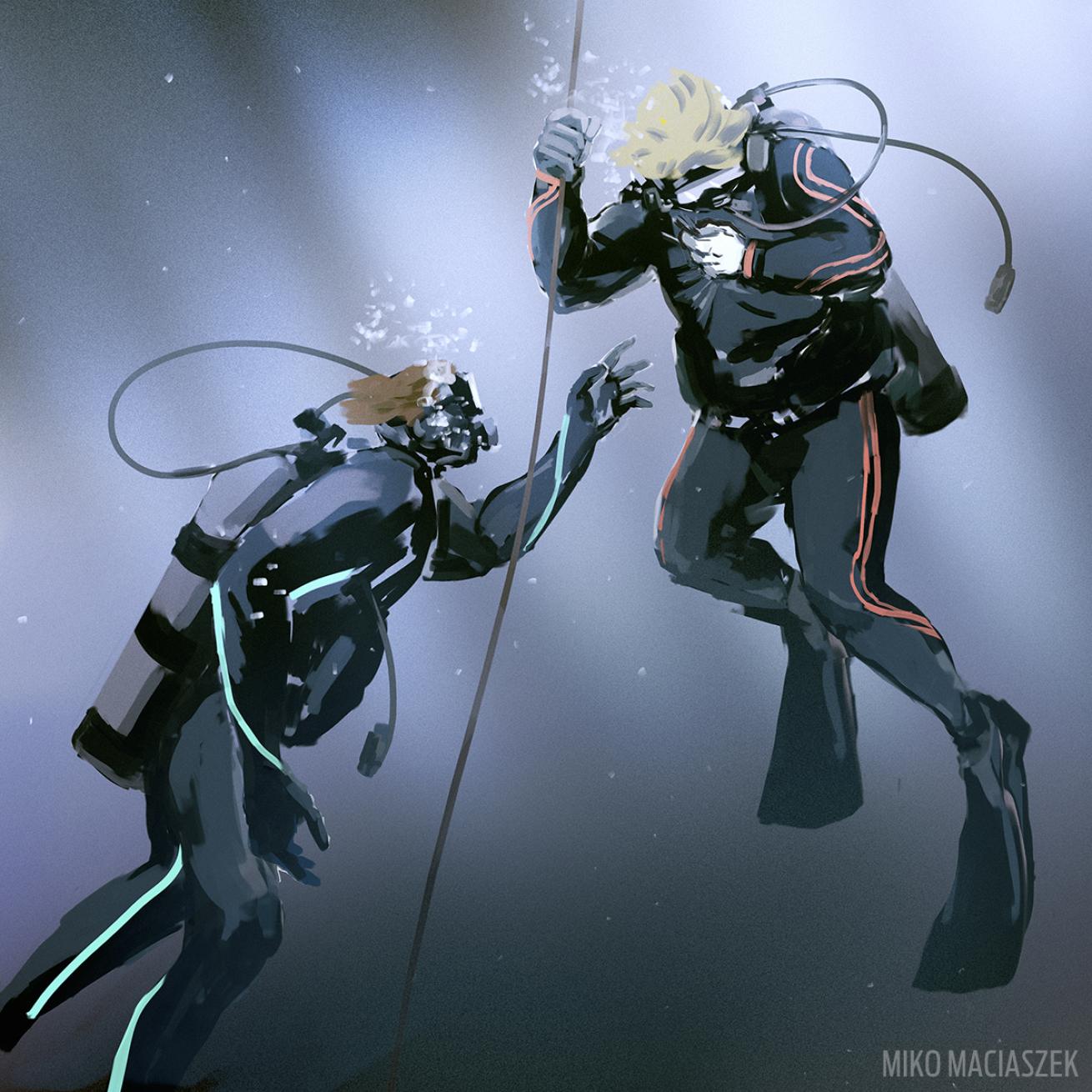
Miko MaciaszekIgnoring signs of a medical condition leaves a diver unconscious and out of time.
THE DIVER
At 47, Ted had been diving for 10 years. He made a few big dive trips each year, packing as many dives as he could into his weeklong vacations. Other than those trips, though, Ted was pretty sedentary. When he came home from work, he just wanted to kick back and do nothing. Over the past few years, his doctor had told him he needed to get in better shape, but Ted hadn’t done much to change his habits. He took medication for high blood pressure, and he was a heavy smoker.
THE DIVE
Along with his friends from the local dive group, Ted planned to make two to four dives per day during the trip. All of the dives were made from a charter boat and took roughly 30 minutes to an hour to get to from the dock. The dives so far had been fun but uneventful. The divers spent normal times at depth, followed their computers, and completed their safety stops. After the second day diving, Ted felt short of breath. No matter what he did, he complained that he couldn’t breathe deeply, and there was pain in his chest. But later that evening, the pain had subsided and he was able to relax.
The next morning, Ted felt better and arrived at the boat ready for day three. He and his buddy dived to 101 feet of seawater with a total dive time of 20 minutes when Ted began to feel the pain in his chest again. He decided to head for the surface and signaled that he was ready to end the dive. His buddy followed him to the anchor line, but Ted ascended alone.
THE ACCIDENT
On the surface, Ted immediately reported to the crew that he was having trouble breathing. They realized something was wrong and helped him out of the water, removed his gear and loosened up his wetsuit to make it easier for Ted to breathe. Just a few minutes after climbing on board the boat, Ted lost consciousness. The crew began recalling the divers in the water so they could head back to shore, all the while giving Ted CPR and administering oxygen first aid. Their efforts were unsuccessful. Ted never regained consciousness.
ANALYSIS
There are several things that could have caused Ted’s collapse. One possibility could have been an arterial-gas embolism related to the dive. That would account for the loss of consciousness, difficulty breathing and the sudden onset of the symptoms — but it doesn’t account for the problems he experienced the day before. Another possibility could be a heart attack. From a field-medicine perspective, the cause of Ted’s collapse doesn’t really matter. The crew’s job at that point was to support his breathing, attempt to get his heart beating again on its own, and to get Ted to definitive care.
Ted had a heart attack, and an autopsy determined he had severe coronary atherosclerosis or, in layman’s terms, a severe hardening of the arteries. Some of the most common causes of this are high blood pressure, abnormal cholesterol levels, smoking and diabetes.
Ultimately, the hardening can build up and restrict blood flow, or it can rupture and cause a clot that restricts blood flow to the heart. The heart is a big, specialized muscle that pumps blood throughout the body, but it needs its own blood supply to function. When one of the arteries that supplies blood to the heart is blocked, the heart itself is starved for nutrients and oxygen, and it dies.
A heart attack can happen anywhere. It can happen at the mall, at home or out on a dive boat far from land. When it happens on a dive boat, no matter how well-trained the crew might be, the distance from land significantly increases the time between the symptom onset and receiving definitive medical treatment. Even if the dive boat has an Automated External Defibrillator (AED) on board, it’s more than likely that the crew isn’t equipped with the additional medications and training to fully support a diver suffering from cardiac arrest. Ted knew he had the potential for heart problems. His doctor had told him as much and warned him to stop smoking, and had prescribed Ted medication to lower his blood pressure. But when Ted couldn’t catch his breath and felt pain in his chest, he ignored it and rationalized it away. When the pain subsided, at least temporarily, Ted returned to diving when he should have gone to the ER.
While Ted’s solo ascent ultimately didn’t have a hand in his death, his buddy should have ended the dive and accompanied him to the surface. This is especially true if the buddy knew about Ted’s pain and symptoms leading up to the dive.
When a person’s heart stops beating, their chances of survival in an out-of-hospital setting are very low. Survival rates with lay-provider CPR are usually around 5 percent. That said, CPR is still an important skill to have — a 5 percent chance is better than no chance at all. This is especially true for divers who are often in remote environments away from professional medical help. In the case of a heart attack, being a half-hour from any aid spells certain death.
1) DON’T IGNORE YOUR SYMPTOMS If you aren’t feeling right or think there is a possibility you have a medical condition, consult a physician before going diving. Talking to a doctor who understands diving medicine is a bonus.
2) QUIT SMOKING Smoking is a primary cause of heart disease. For divers, who rely on breathing equipment to enjoy their sport, smoking is a bad idea in general.
3) GET IN SHAPE, AND STAY THERE You don’t have to be a super-athlete or marathon runner to be a diver, but being fit enough to dive is important. To help reduce the possibility of atherosclerosis, add more fruits and vegetables to your diet.
4) LEARN CPR AND FIRST AID Be prepared to lend aid to your buddies, and make sure they are prepared to care for you as well.
Eric Douglas co-authored the book Scuba Diving Safety, and has written a series of adventure novels, children’s books, and short stories — all with an ocean and scuba diving theme. Check out his website at booksbyeric.com and follow him on Facebook at facebook.com/EricDouglasAuthor.

